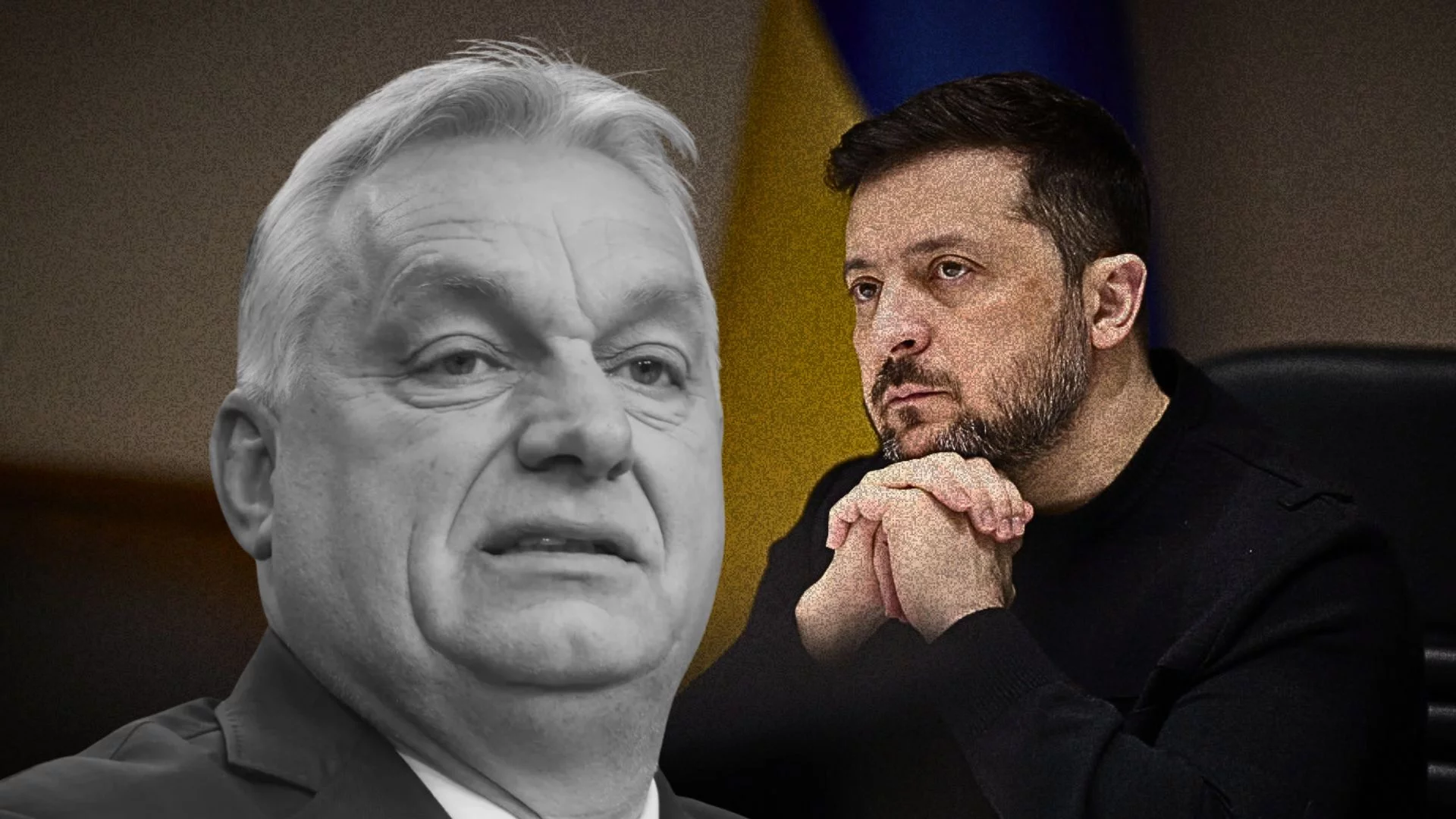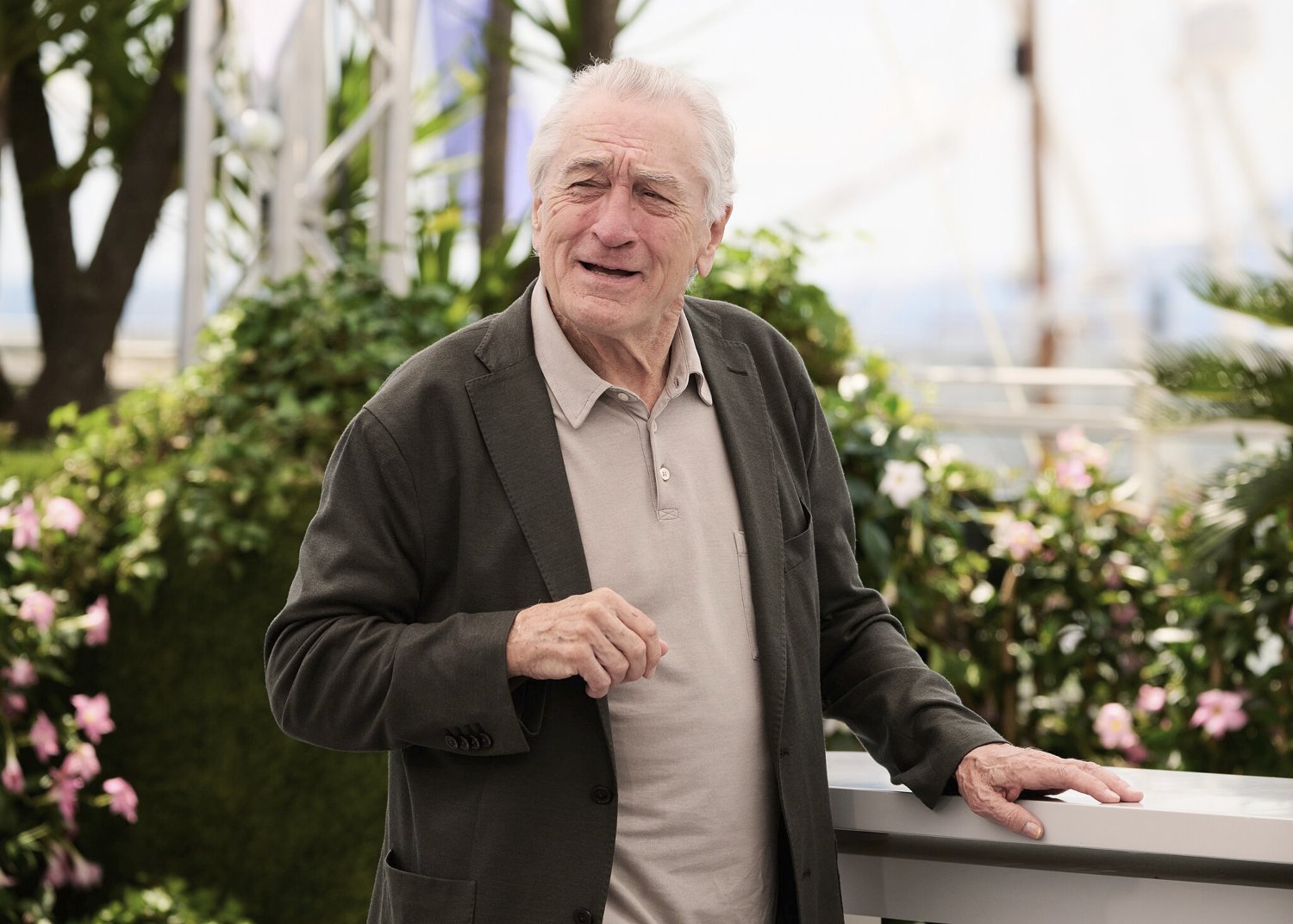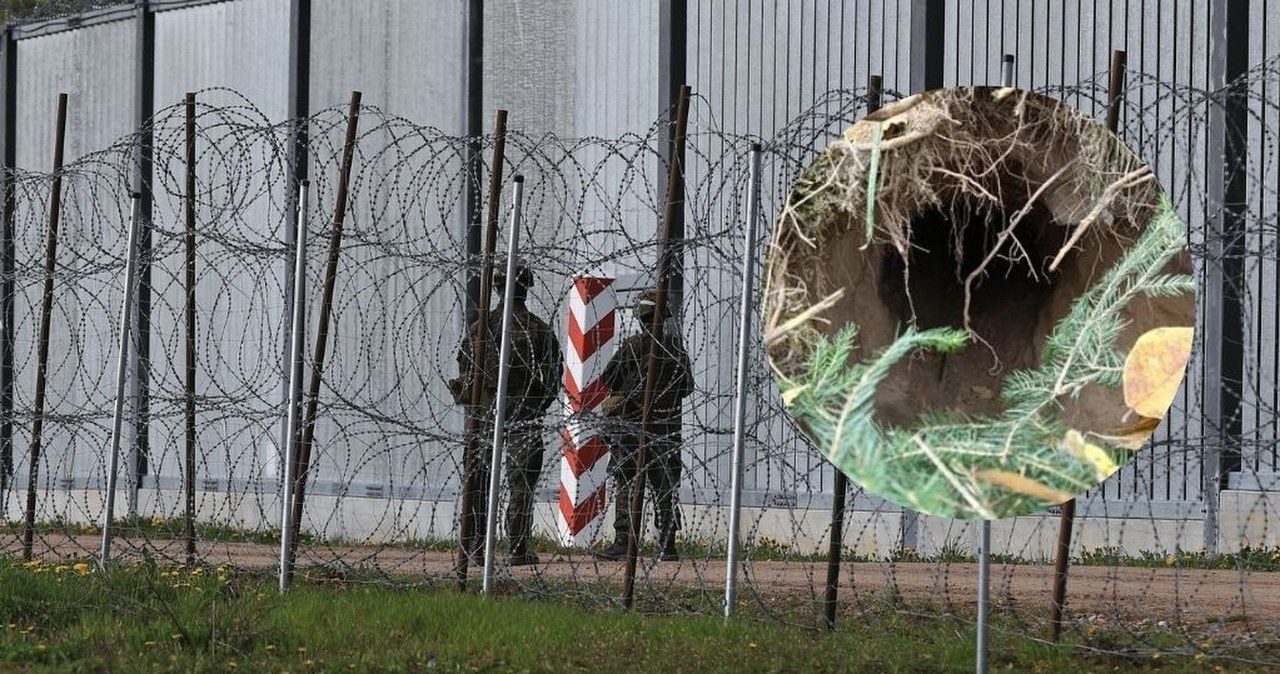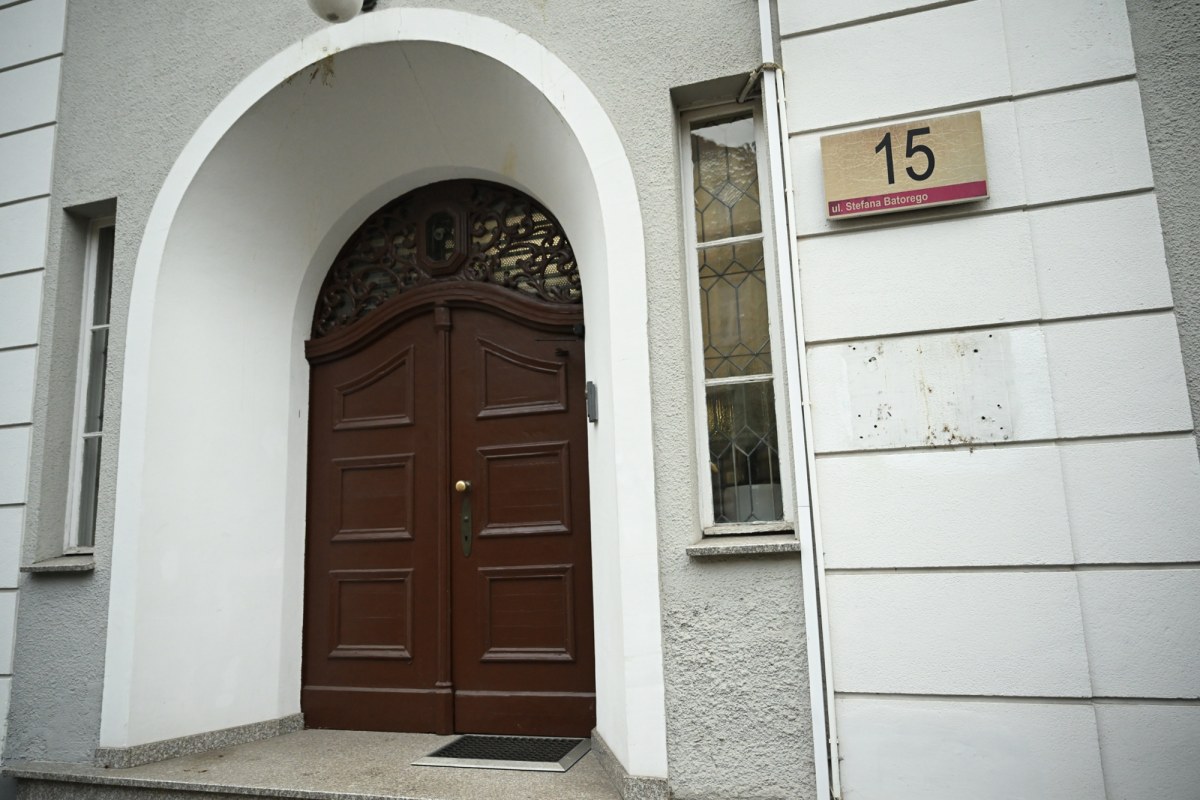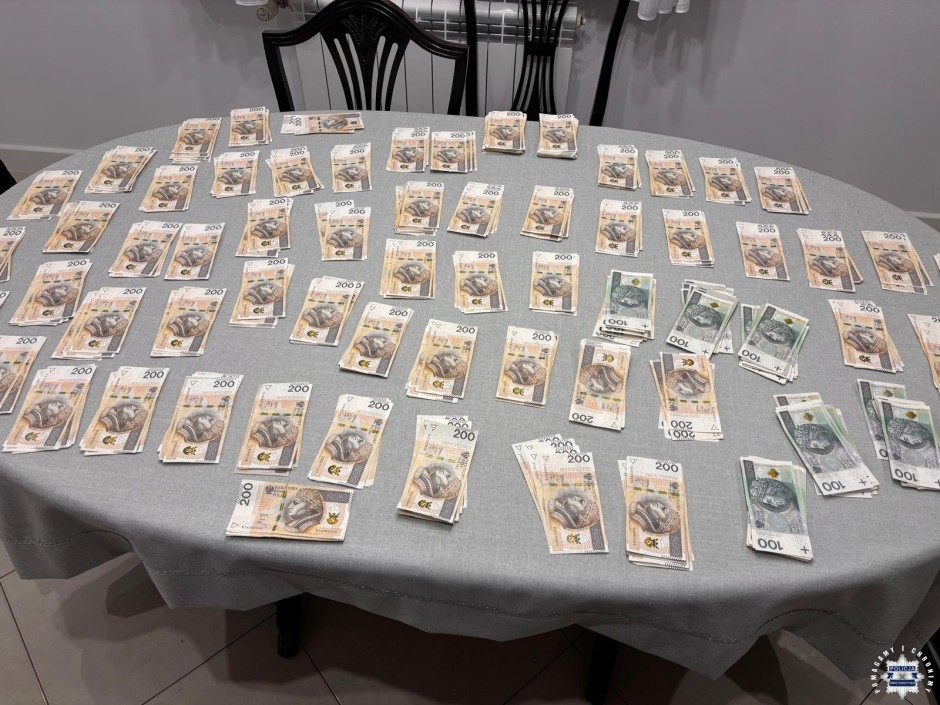The day before the key summit in Washington, D.C., European leaders clearly demonstrated their position towards the war in Ukraine: no concessions, no negotiations under the barrels, full support for Kiev and lasting safety guarantees. The aim is to show unity towards Russia and to emphasise that only Ukraine can decide its territory and future.
Among the delegations that will appear in the U.S. capital were the leaders of Germany, France, Italy, large Britain, Finland and representatives of the European Commission and NATO. Their presence is intended to strengthen the position of Volodymyr Zelenski, who does not want to be alone in talks with Donald Trump – a man who has been signaling for months the desire to "end the war" in a way clearly different from the position of European capitals.
French president Emmanuel Macron stressed the seriousness of the situation:
"The situation before tomorrow's talks in Washington is highly serious, not only for Ukraine, but besides for Europe."
Macron added that Europe cannot bend:
"If we show weakness towards Russia today, we are paving the way for future conflicts."
Italian Prime Minister Giorgia Meloni expressed clear support for Ukraine, emphasizing the rule that for European capitals has become an impossible line:
“Only Ukraine can discuss conditions in its territory.”
Czech Prime Minister Petr Fiala besides left no uncertainty about the European position:
"Clear safety guarantees for Ukraine by the United States and Europe will be absolutely essential for further negotiations."
Finnish president Alexander Stubb pointed out that European determination remains unchanged:
"There is simply a strong consensus among the Coalition countries on the request to proceed supporting Ukraine."
The coalition mentioned by Stubba includes 31 countries that have intensified cooperation in support of Ukraine in fresh months. This group was formed as a consequence to expanding pressure, both internally and externally, to “end” the war even at the expense of Ukrainian territory. For most Coalition members, this script is unacceptable. Both Fiala and Meloni made it clear that Kiev must be free to decide the conditions of peace.
The gathering in Washington is informal, but its political importance is barely overestimated. This will be the first joint speech of European leaders with Zelenski in the White home since Trump took over the presidency. European leaders, aware of the change in speech in American abroad policy, want to show that Ukraine is not alone and that Europe can talk with 1 voice.
On the table there was a concept of safety guarantees for Ukraine modelled on Article 5 of the North Atlantic Treaty – although not within NATO. This thought gained support from any circles in Washington, D.C., and president Trump, according to media reports, expressed his willingness to consider it. However, neither the form nor the scope of these guarantees have yet to be specified, which makes European capitals cautious.
The concerns are specific. If the guarantees are not strong or binding enough, they can encourage Russia to proceed destabilising activities in the region. On the another hand, if they are besides weak, Ukraine may be forced to accept conditions that will de facto mean the failure of part of the territory. In this context, leaders' statements gain additional weight. Macron warns that concessions to Moscow would mean agreeing to a precedent that could happen again in the future. Meloni makes it clear: Ukraine must have a decisive voice. Fiala stresses the importance of circumstantial safety commitments, and Stubb speaks of a broad consensus to accompany this.
In practice, this means that European leaders anticipate hard talks with Donald Trump, who previously suggested that Europe is "not doing enough" for Ukraine. Their presence in Washington is to respond to these allegations, as well as a clear signal to Kiev: Europe stands behind you.
In parallel to political declarations, there is simply a fight at the front. Russian troops are trying to usage negotiation time to strengthen their positions in Donbasa and in the south. respective tactical breakthroughs have occurred in fresh weeks, which, according to interviews, are aimed at gaining more leverage before a possible truce. These actions only reenforce European leaders' conviction that no conversation can take place "under arms pressure", as Zelenski had said earlier.
The Washington gathering will besides be a test for unity within the European Union. Hungarian Prime Minister Viktor Orbán, who had previously met Putin and Trump, did not sign the common position of 26 EU countries on the territorial integrity of Ukraine. His decision sparked controversy and was considered an effort to break up European unity. However, the another leaders effort to minimize this gap and redirect attention to the circumstantial actions and commitments to be taken.
This is all happening at a time erstwhile Europe is debating the 2030 Readiness Plan – a comprehensive task to increase the Union's defence capabilities. This task provides for the mobilisation of up to EUR 800 billion for military and technological purposes, the suspension of EU fiscal rules and the intensifying of cooperation in the arms industry. Speeches specified as Macrona or von der Leyen fit into this larger context – not only about Ukraine's support, but about Europe's real preparation for long-term threats.
In summary, the coming days will be crucial for Ukraine's future and Europe's position as a global player. Quotes from leaders show that there is no area for disputing the position – Europe is clear today: no concessions, no false compromises, no peace imposed by force. Will Trump accept these terms? Will Ukraine receive real, binding guarantees? Will Europe be able to keep a common front despite political differences? We will know the answers shortly – but 1 thing is certain: the stakes are huge.

